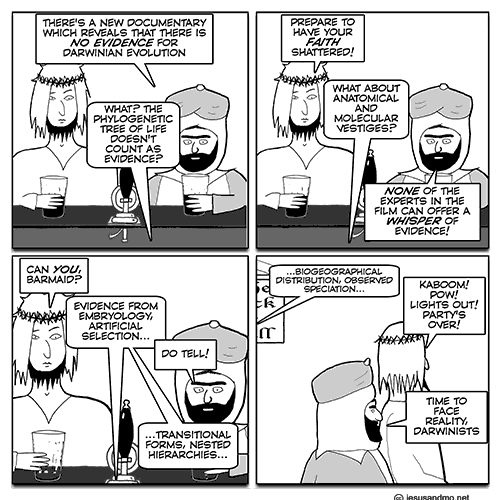Sunday night, I suggested names for sequels to Sharknado…and this was one of them!
Looks awesome. Although, I have to confess that my favorite at that link was “Sharknado 2: Aftersharks”. Heh. Aftersharks. Get it?
(Please, Syfy, don’t make any of these. It’s just a joke. Someday I’d like to see some intelligent science fiction on the television, and you aren’t helping.)




